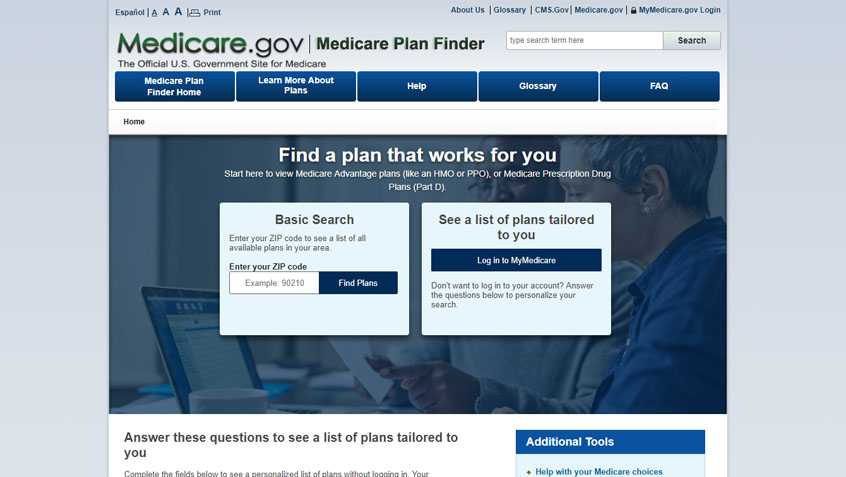This month, the National Health Law Program (NHeLP) released an issue brief explaining the importance of the public comment process, how to submit comments, and how comments impact the implementation of federal policies.
Read More
A new report from the Kaiser Family Foundation examines a number of these proposed and recent changes—including those related to the Part D benefit design, the Low Income Subsidy (LIS) program, drug importation, generic drug availability, and price transparency—outlining the implications for people with Medicare and the program itself. This comprehensive resource will be updated ongoingly to reflect evolving policy discussions.
Read More
Currently, people with Medicare cannot appeal the decision to classify them outpatients, but a court case—Alexander v. Azar—may change that. In 2011, seven plaintiffs filed a class action lawsuit to try to gain the right to appeal the decision to classify them as outpatients in observation stay instead of as inpatients who would potentially be eligible for SNF coverage. After many twists and turns, the case has finally made it to trial this week in a Connecticut court. If successful, the lawsuit would ensure that beneficiaries can appeal decisions made by hospitals that reduce their eligibility for Medicare coverage of SNF care.
Read More
On Monday, the Department of Homeland Security finalized a “public charge” rule that could greatly harm families and prevent people with Medicare from accessing the services and supports they need to thrive. The new policy is set to become effective on October 15, 2019.
Read More
The Centers for Medicare & Medicaid Services recently announced a proposal designed to increase hospital price transparency. Under the draft rule, hospitals would be required to publicly disclose the price they negotiate with each insurer for almost every service, drug, and supply they provide to patients. If that sounds like […]
Read More
On June 14, the Department of Health and Human Services (HHS) issued a proposed rule that would significantly weaken the Affordable Care Act’s (ACA) nondiscrimination protections. Section 1557 of the ACA makes it illegal for providers that receive federal funding to discriminate in the provision of health care on the basis of race, color, national origin (including language access), age, disability or sex. HHS is now seeking to limit those protections, changes that would put many already vulnerable populations—including older adults, people with disabilities, people with limited English proficiency, and LGBTQ individuals—at risk of losing access to care.
Read More
Medicare Plan Finder (MPF) is a primary way for people with Medicare to understand and compare their coverage choices. MPF should allow beneficiaries, caregivers, and unbiased counselors to find the coverage that best serves the needs of the individual. A new report from the U.S. Government Accountability Office (GAO) agrees with previous research on MPF that the tool has significant problems that interfere with its usefulness.
Read More
A new report from the AARP Public Policy Institute examines changes to Medicare Advantage (MA) supplemental benefit policies and the implications for people with Medicare.
MA plans have long been able to offer benefits beyond what is required by law. However, the recent Balanced Budget Act of 2018 and regulatory decisions, including those in the 2019 Part C and D final rule and the Final Call Letter for 2019, have greatly increased this authority.
Read More








